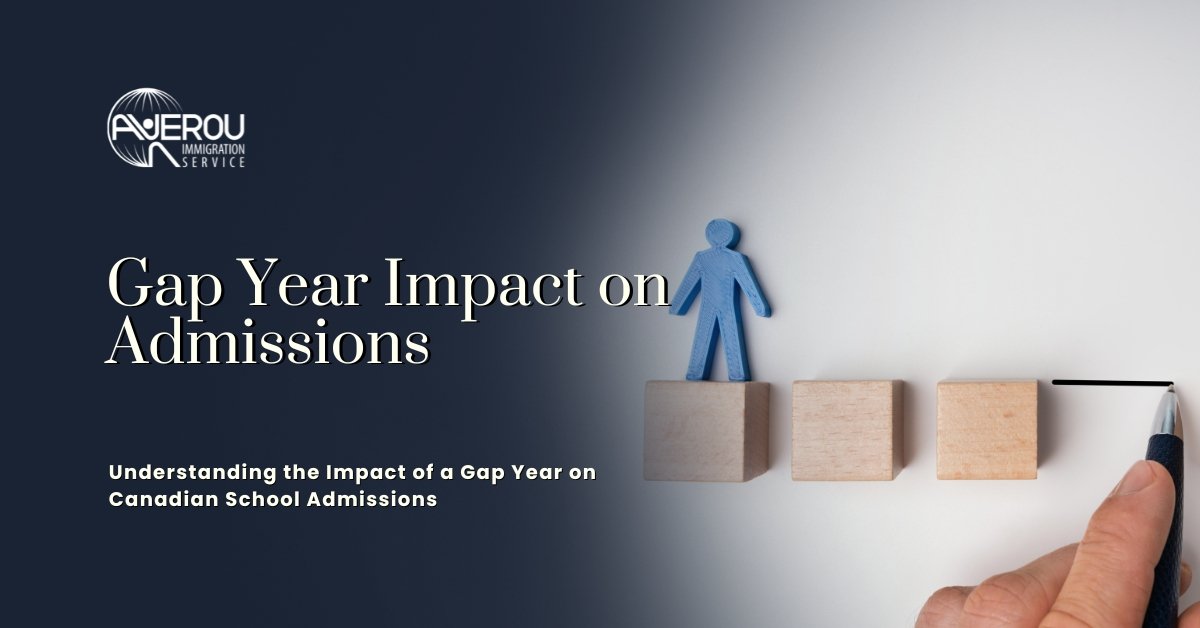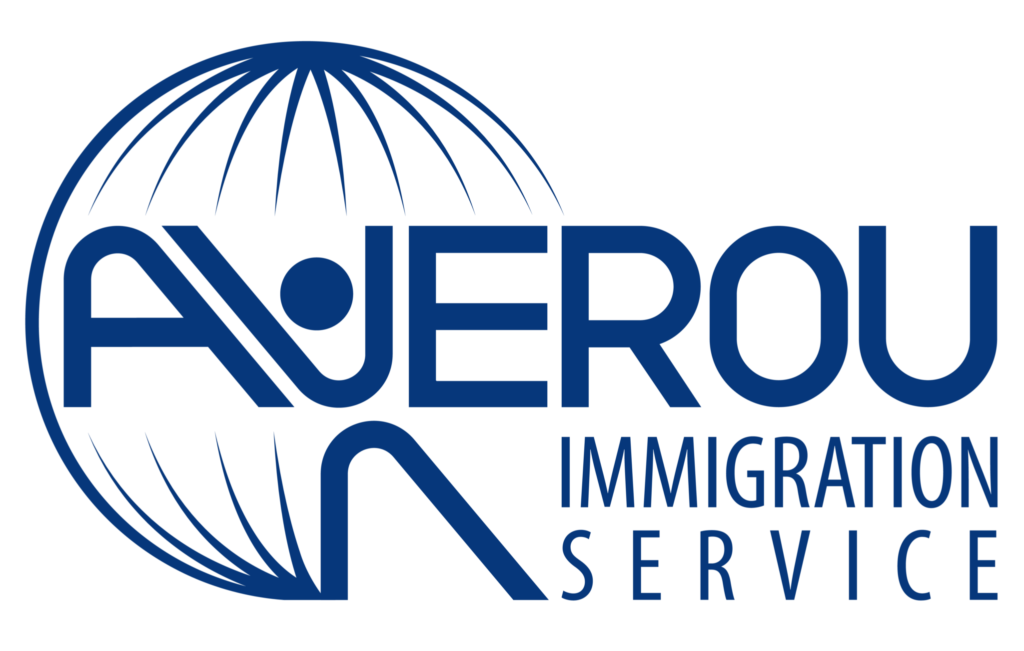Understanding the Impact of a Gap Year on Canadian School Admissions

Deciding to take a gap year before pursuing higher education is a significant decision that many students face. In Canada, a gap year can be an opportunity for personal and professional growth, but it also requires careful planning to ensure it doesn’t adversely affect your chances of acceptance into Canadian schools.
Detailed Analysis of Gap Year Acceptance:
- Understanding Institutional Policies: Most Canadian Designated Learning Institutions (DLIs) accept gap years, but their policies vary. Undergraduate programs typically accept a gap of up to two years, whereas postgraduate programs may accept up to five years. Some institutions might even consider longer gaps if they are well-justified.
- Accepted Reasons for Taking a Gap Year:
- Professional Experience: Gaining work experience relevant to your field of study is a compelling reason for a gap year. This experience can be full-time, part-time, or through internships. It’s important to maintain documentation such as pay slips or letters of employment.
- Academic Preparation: Preparing for entrance exams or improving language skills are also valid reasons. Documentation might include receipts for payment of exams, course enrollment forms, or test results.
- Health and Medical Reasons: Unforeseen medical circumstances are valid reasons for a gap year, supported by medical documentation and treatment receipts.
- Personal Growth: Engaging in activities that contribute to personal development, like volunteering, traveling, or taking courses for skill development, can also be justified, ideally supported by relevant documentation and personal statements.
- Documentation and Proof: Providing clear and organized documentation for the activities undertaken during a gap year is crucial. This helps in demonstrating to the admission committees that the time off was spent productively.
- Navigating Post-Acceptance Procedures: After receiving a Letter of Acceptance (LOA) from a Canadian institution, international students must navigate the study permit process. Recent changes require students to obtain a provincial letter of attestation (PAL), confirming their acceptance as part of the provincial allocation for study permits.
Enhanced Guidance for Prospective Students:
Embarking on your educational journey in Canada requires more than just meeting academic standards. Understanding and navigating the implications of a gap year is crucial for ensuring seamless integration into your chosen program.
Are you considering a gap year or need assistance with the Canadian educational system?
Averou is ready to offer expert guidance and support with all aspects of your immigration and educational journey in Canada. Get in touch with us today and ensure your pathway to studying in Canada is clear and well-planned!
